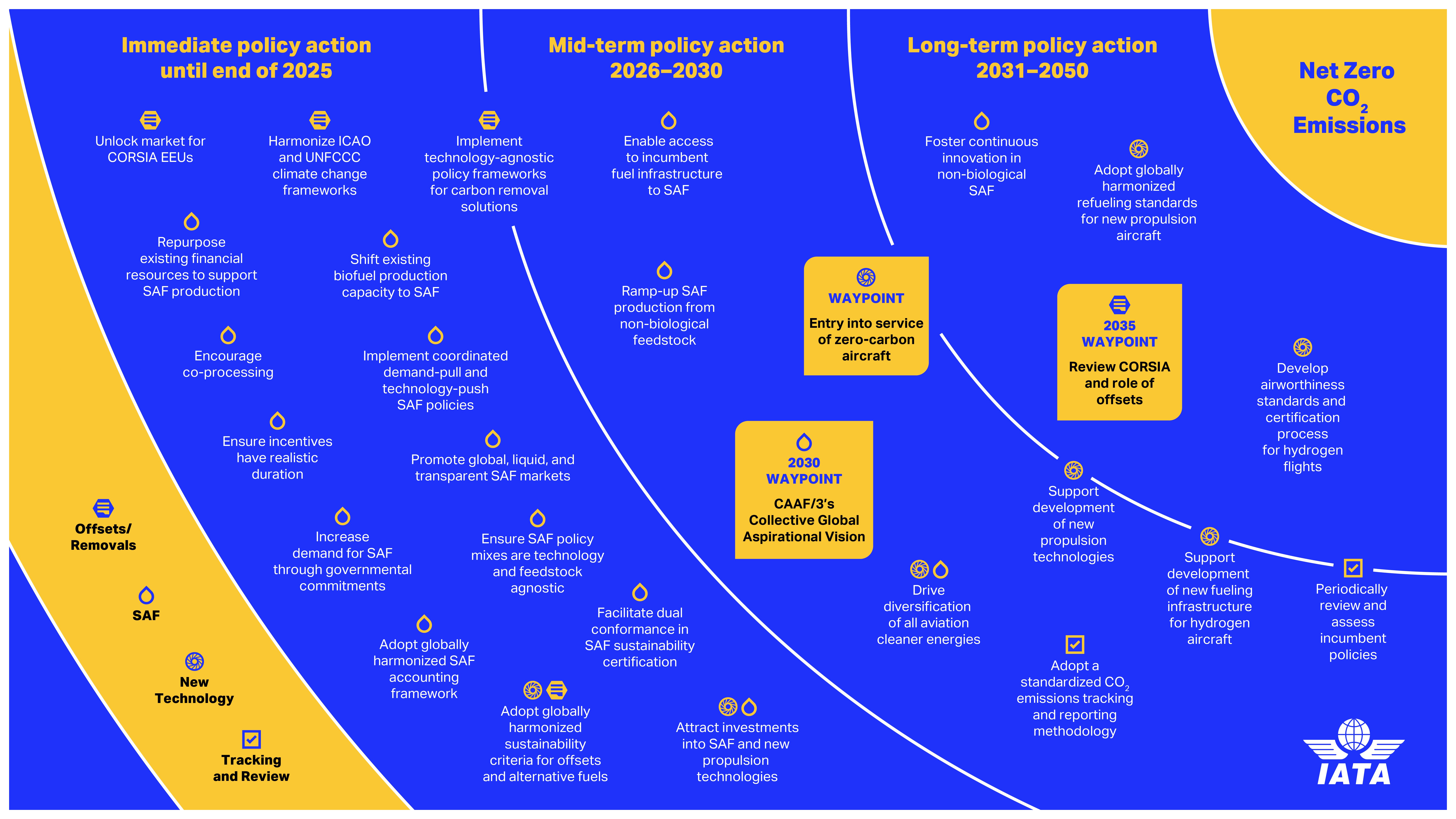Envisioning 2035: the future landscape of accounting and finance...
In a world where blockchain auditors and carbon accountants are currently in demand, it is believed that by 2035, the trusted advisor role of accountants and finance professionals will be strengthened. While there may be an AI agent helping to manage emails and crunch the financial data, this will allow accountants to focus on strengthening relationships and driving better results.
Professor Paul Andon, head of accounting, auditing and taxation at the UNSW Business School, says an exciting future awaits accountants and finance professionals who wish to take a futuristic view and move beyond merely being “excellent technical professionals”. By taking advantage of automation, Andon believes that accountants’ cherished vision of ditching mundane duties and ramping up value-add work for clients can become a daily reality.
The DNA of Accounting
Adjunct associate professor Mary Dunkley FCPA, retired department chair of accounting economics and finance at Swinburne University of Technology, adds that the “DNA of accounting” is unlikely to change dramatically in 10 years or more. She notes that the “father of accounting”, Italian mathematician Luca Pacioli, laid the groundwork for the double-entry system of accounting in the 1500s. “Whether it’s 2035 or 400 years ago, accounting DNA is grounded in ethical reasoning and enquiring,” Dunkley says. “We want a dose of scepticism. We also need a critical mind when interpreting and communicating data, and I don’t think those core DNA attributes will change.”
While Dunkley concedes that ChatGPT and other large language models will reshape accounting practices, she expects smart human beings to be in greater demand than ever as they test, question and act on the results of algorithms. “Such a skill will be paramount for accounting,” she says.
:max_bytes(150000):strip_icc()/dotdash-accounting-history-FINAL2-ed732e3d3f4e443288fbcc9a601fc23b.jpg)
Future Job Titles and Demand
The alphabet soup of potential job titles is likely to expand by 2035 to include chief automation officer (CAO), chief data officer (CDO), chief value officer (CVO) and a twist to the chief ecosystem officer role. The positive news is that accountants will still be needed, according to Scott Copeland, program director of accounting at University of South Australia. “Some people say we won’t need accountants in the future and that the profession is dying. I can’t see that happening.”
This observation is backed by official projections from Jobs and Skills Australia, and Australia’s Victoria University. They forecast that the number of accountants in Australia will grow from 238,000 in May 2023, to 259,000 by May 2028, and reach 280,000 by 2033. These predictions don’t include the related area of finance manager, which is expected to record even stronger growth.
Evolution of Roles
Professor Hadrian Geri Djajadikerta, accounting discipline lead in the Faculty of Business and Law at Curtin University, says that as automation and AI handle structured tasks, new accounting roles will shift to data analysis, financial modelling and strategic advisory. He says the roles will also reflect the further integration of ESG metrics into financial reporting and assurance.

With blockchain and digital assets rising, accountants will also tackle challenges like auditing decentralised ledgers and managing digital currencies,” he says.
Soft Skills and Education
Experts are adamant that the terminology around “soft skills” must change. After all, there is nothing soft about skills such as communication, teamwork, emotional intelligence, problem-solving, collaboration, and creative thinking.
As businesses focus on renewable energy, climate risk, the circular economy, sustainability reporting and green finance, sustainability roles are expected to become more entrenched.
Challenges and Opportunities
Over the next decade, the roles and skill sets of accountants are expected to evolve in critical ways. They will need to manage global teams, be tech-savvy, and utilize data to add value to decision-making. Offshoring trends will continue, presenting challenges in training the next generation of accountants.
Toby Walsh, scientia professor of artificial intelligence at University of New South Wales, describes AI as the “greatest gold rush in human history”, emphasizing its capacity to revolutionize businesses. AI and tech tools are expected to handle more routine tasks, allowing accountants to focus on higher-value work.

As the landscape of accounting and finance evolves, professionals will need to adapt to new technologies, changing job titles, and demands for sustainability and ethical considerations. The future of the industry looks promising, with a continued need for skilled accountants and finance professionals.




















